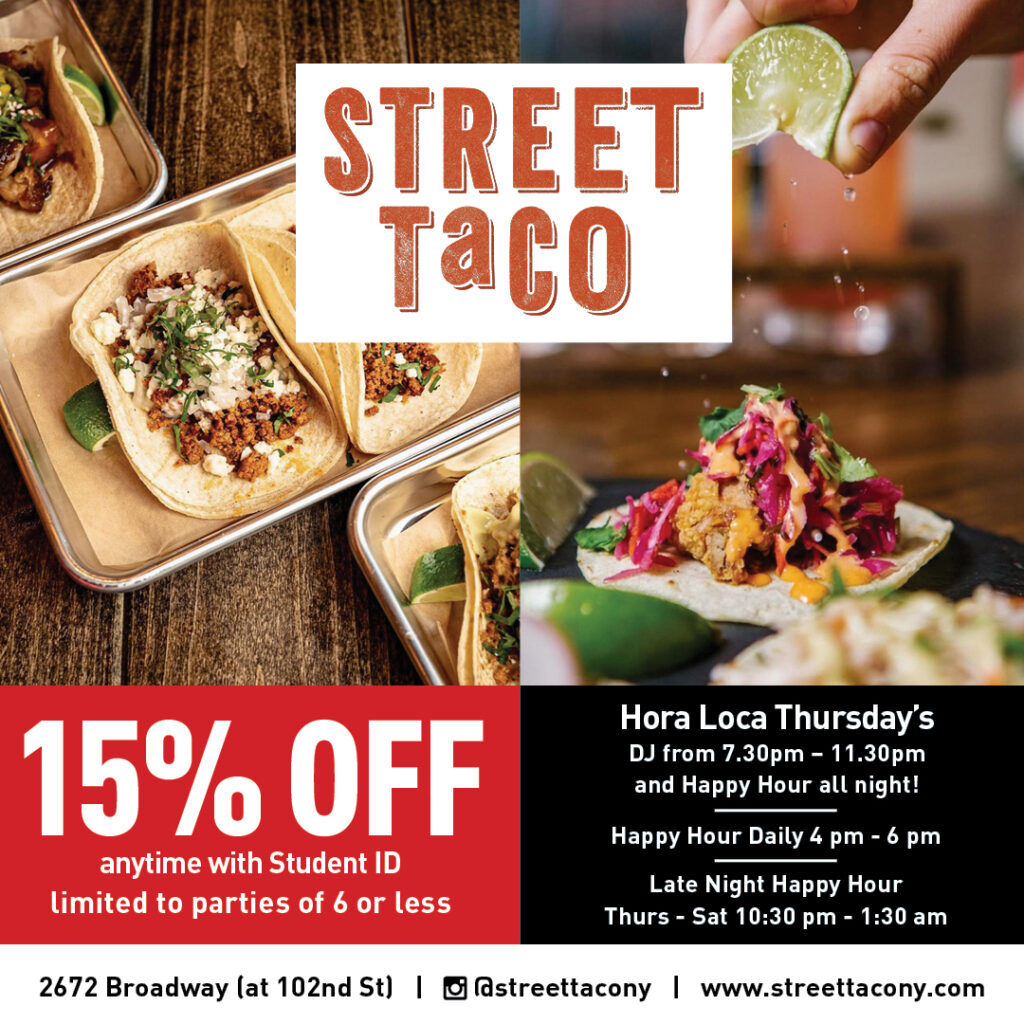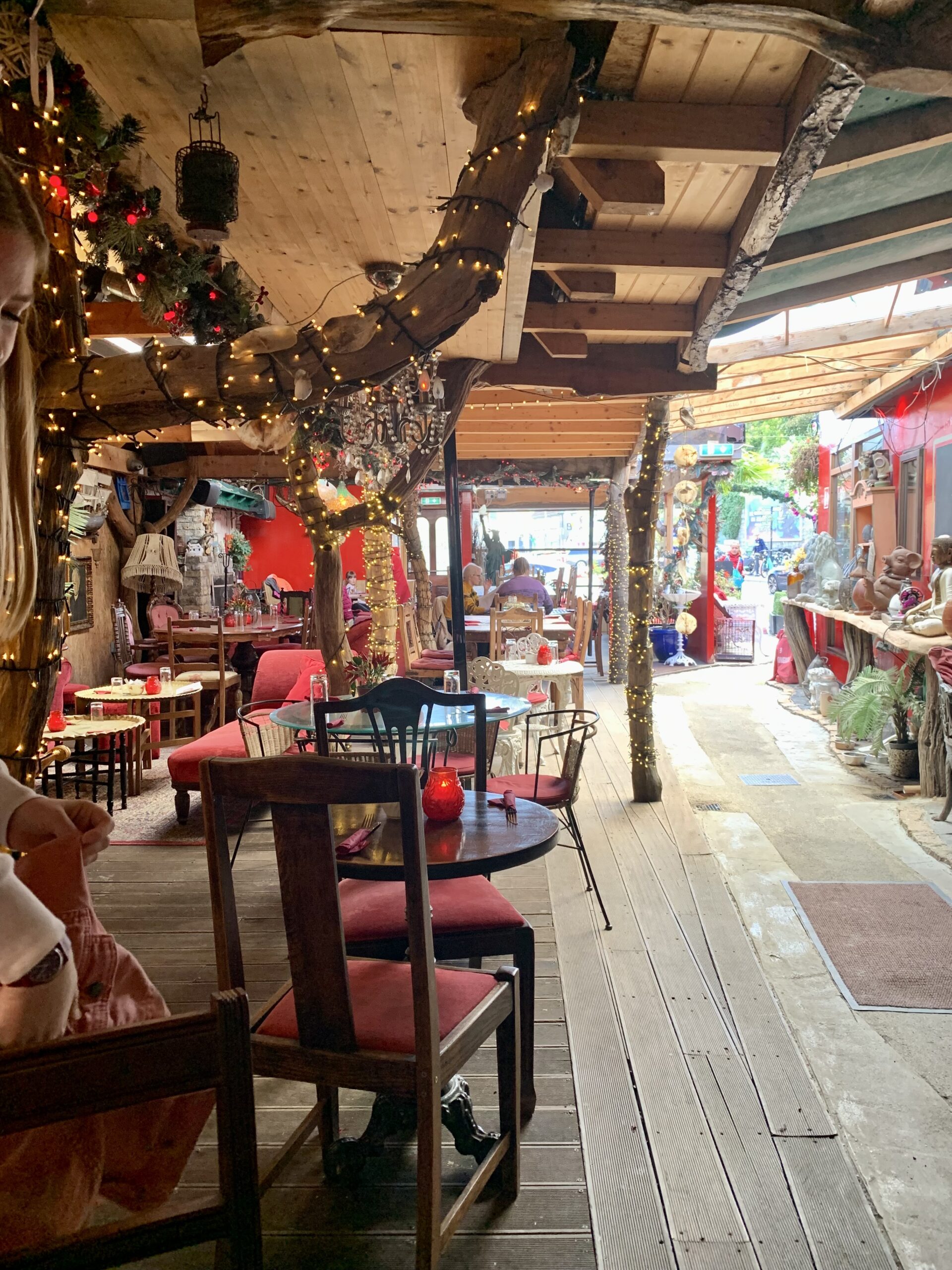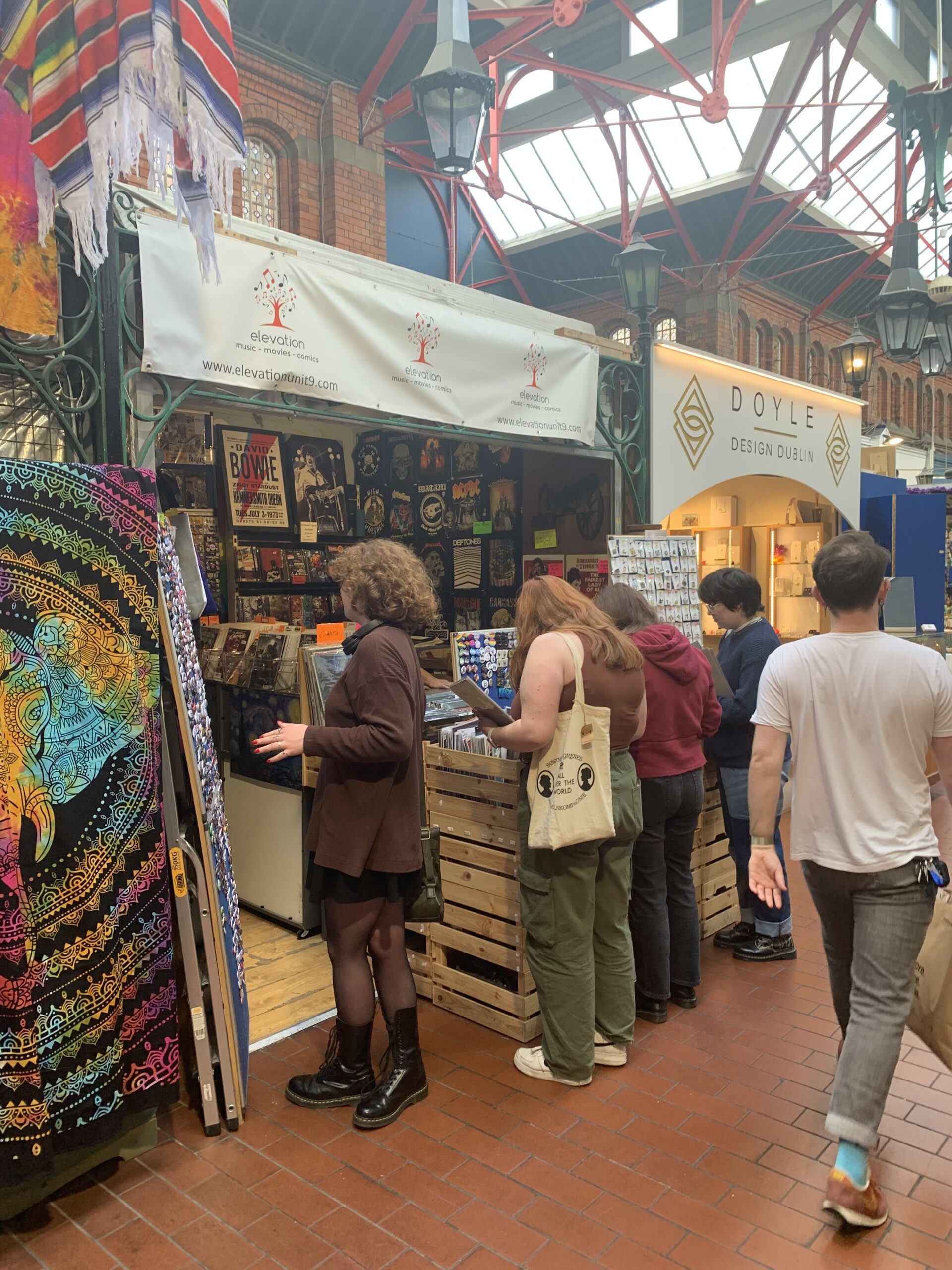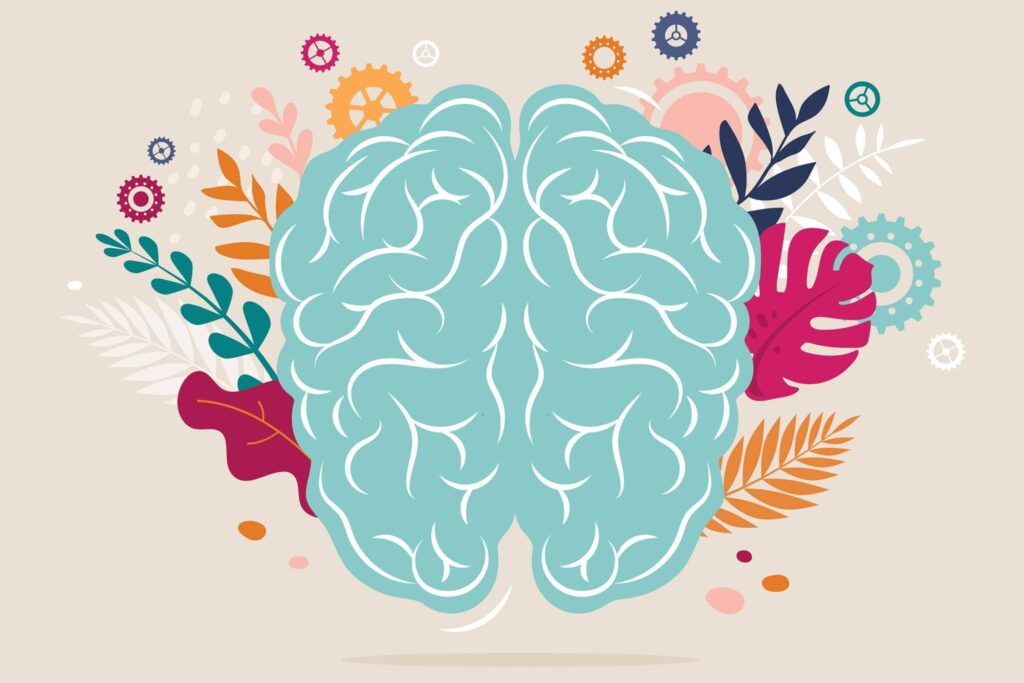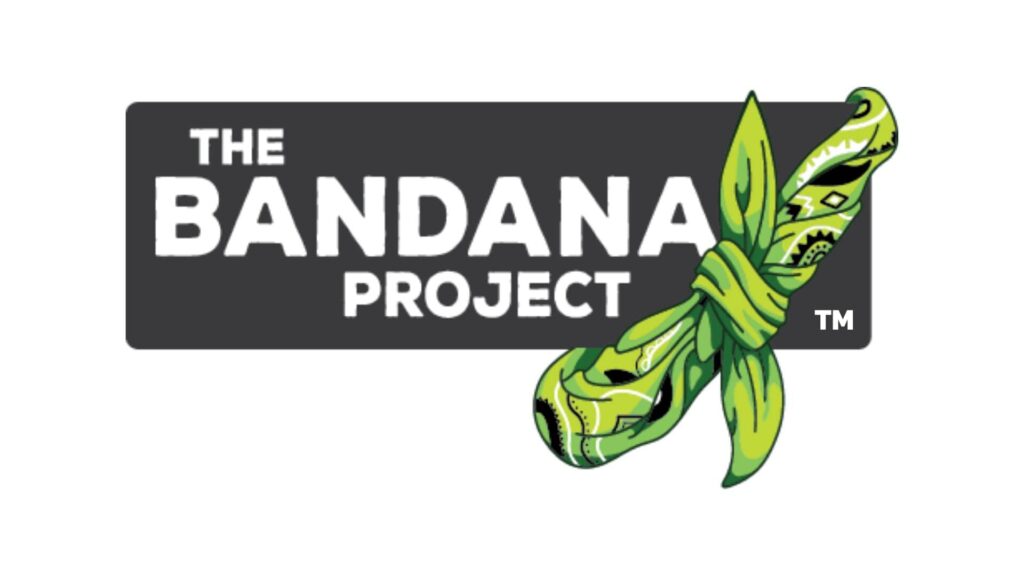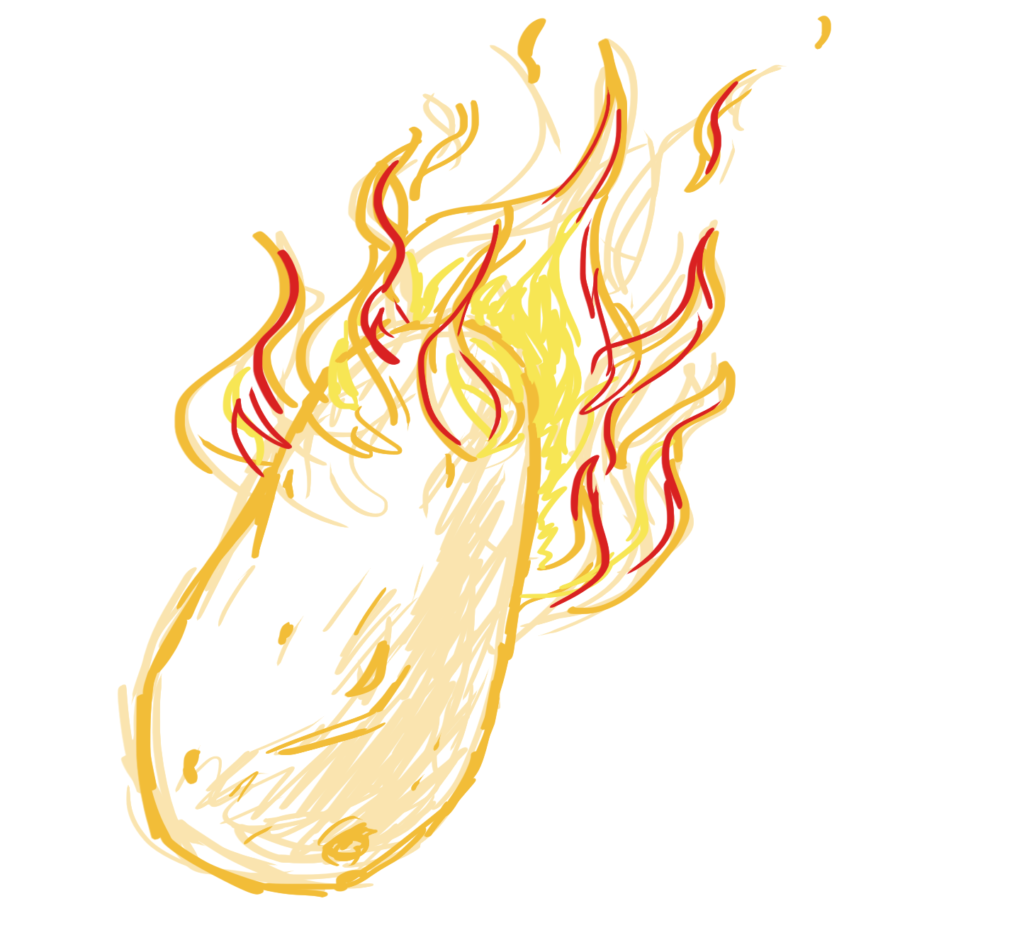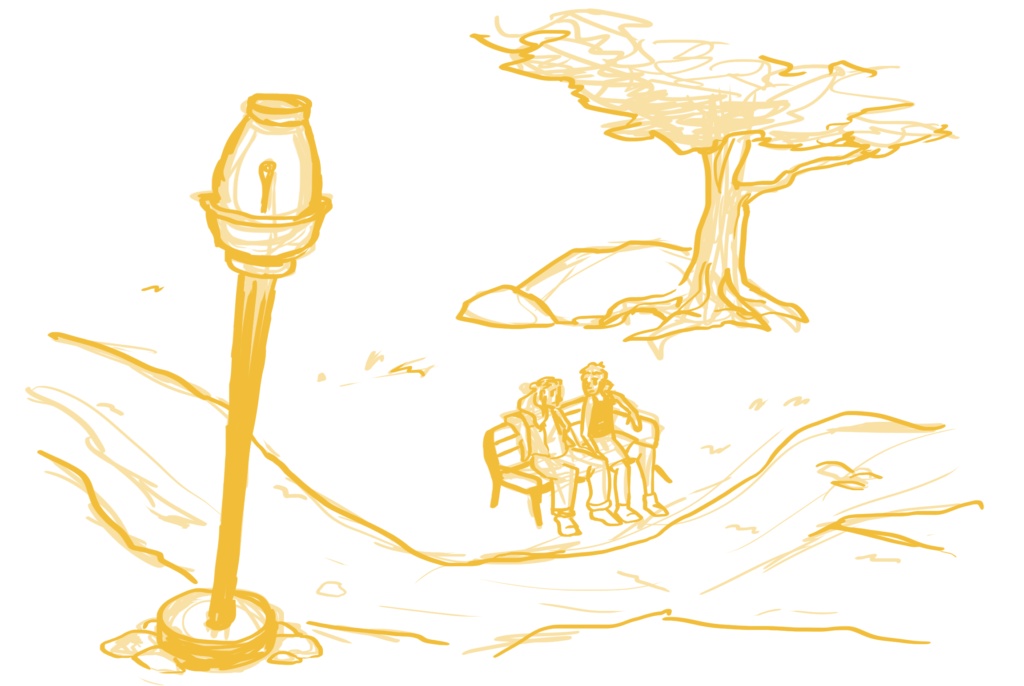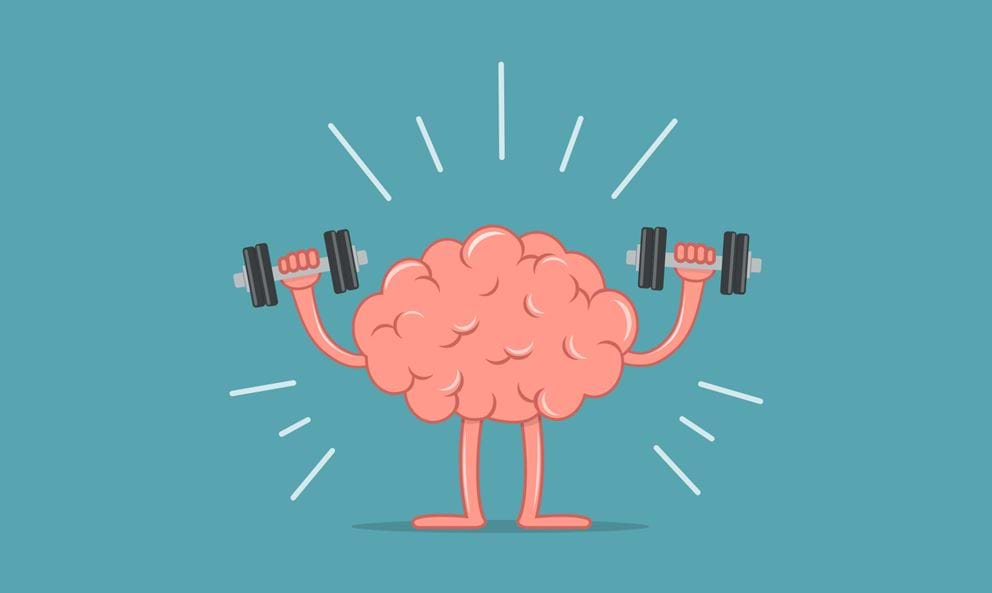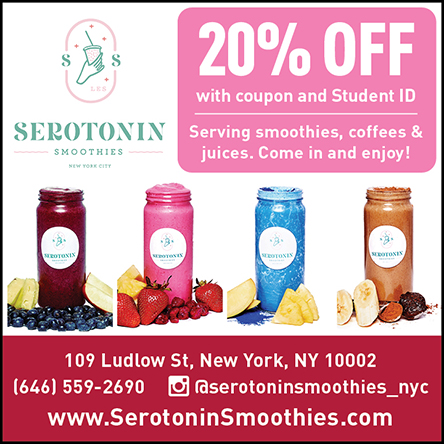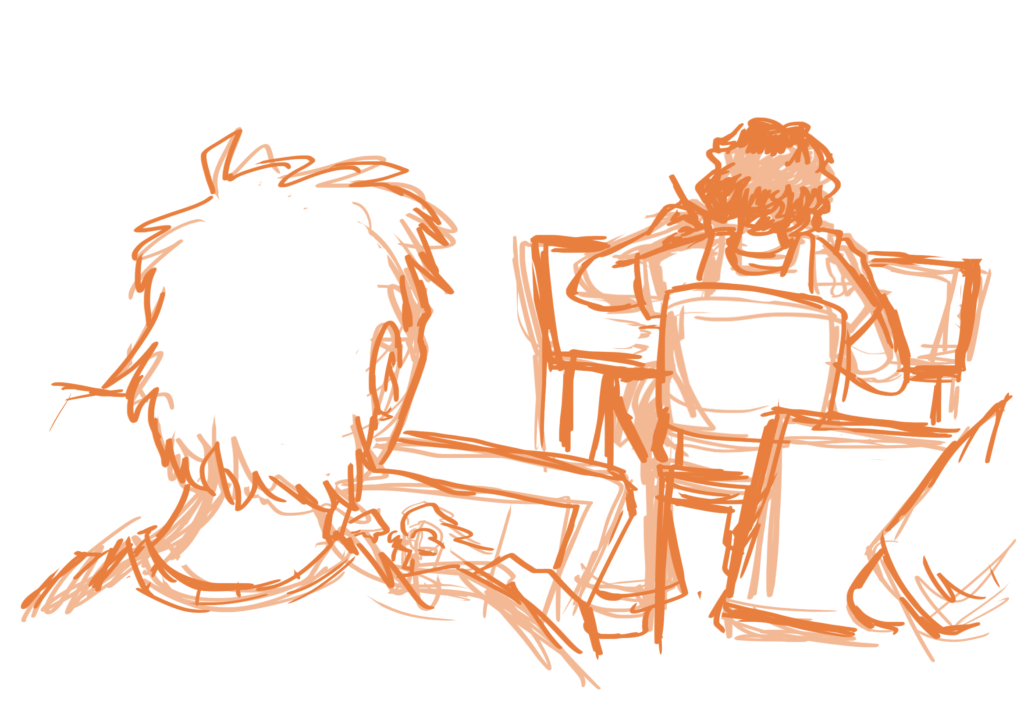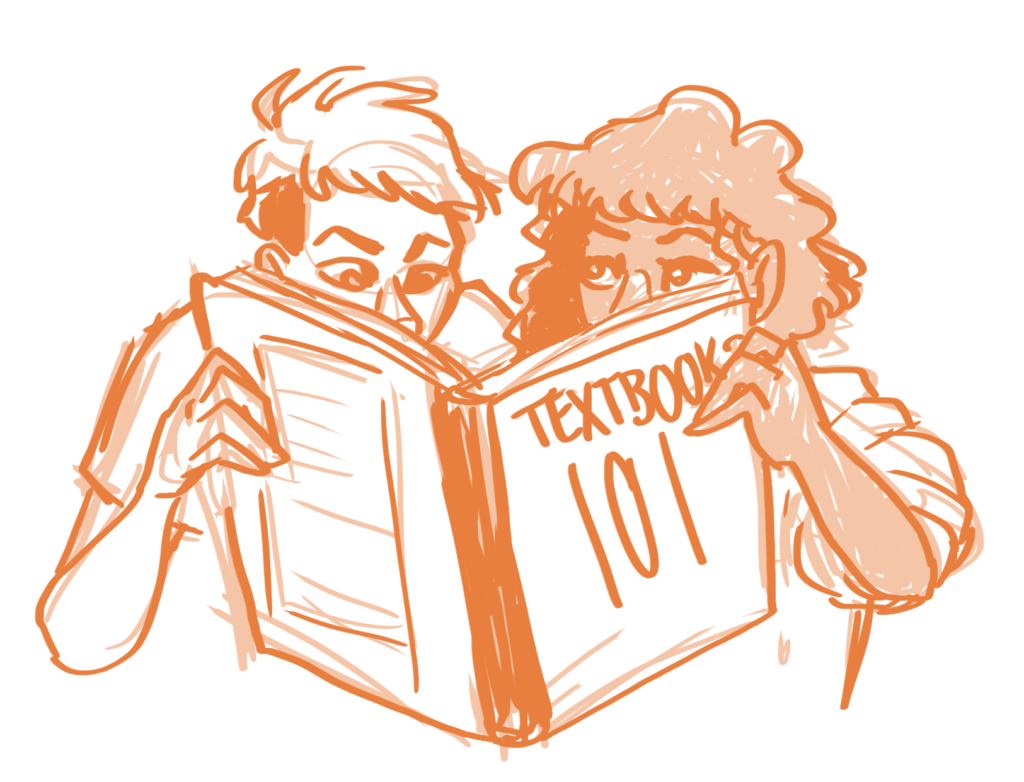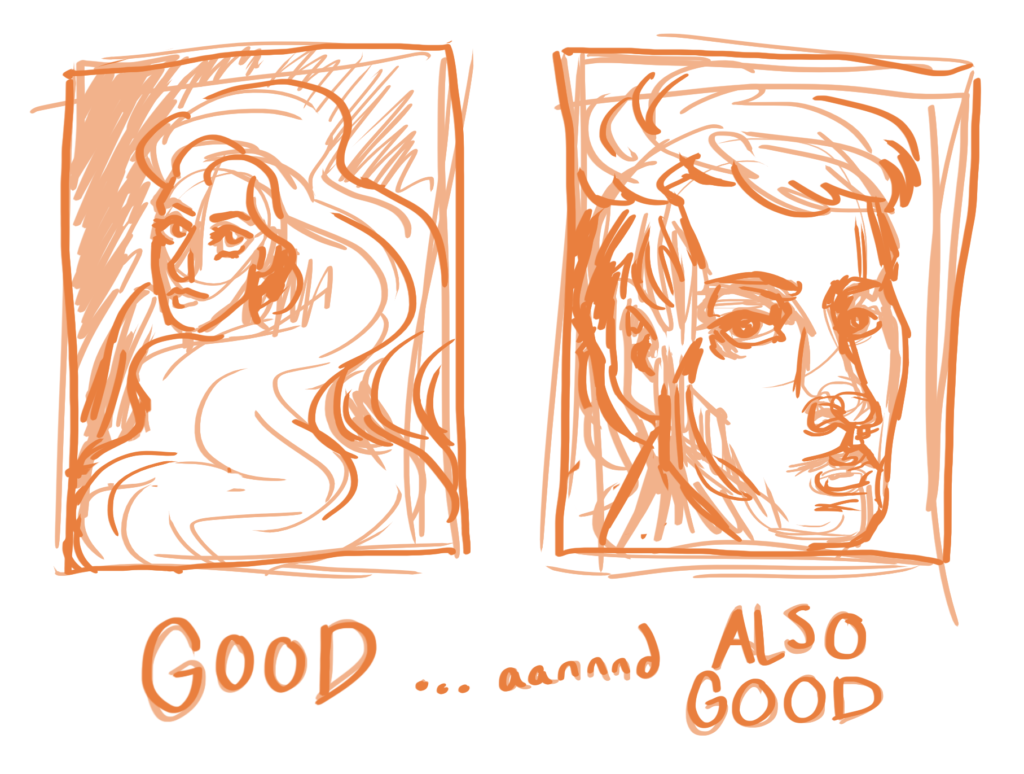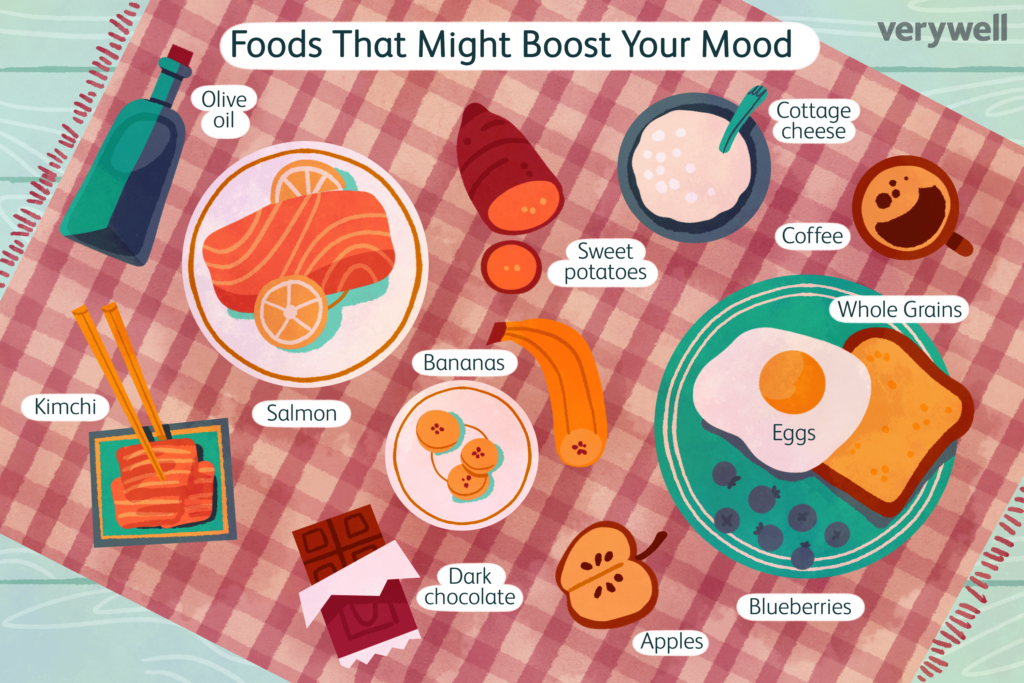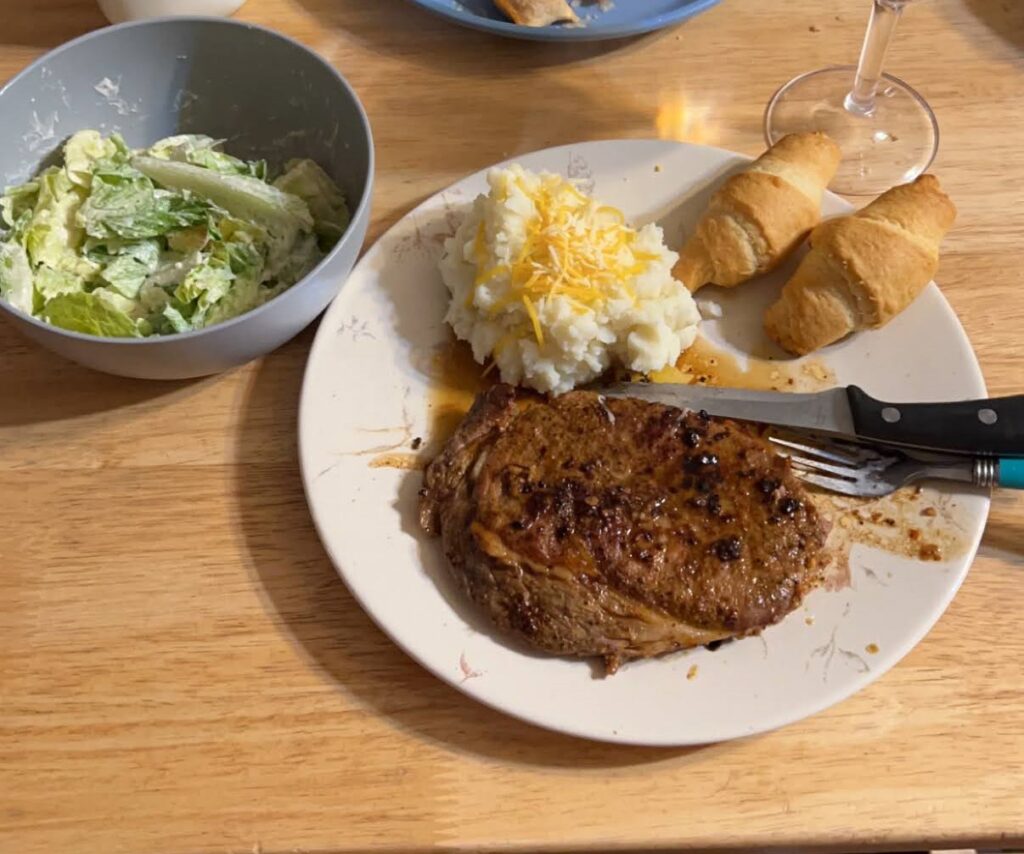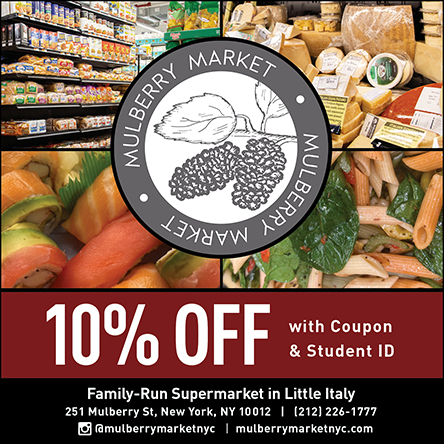My mother always told me that straightening my curly hair was as important as going to school—like the state of your natural hair somehow aligned with the state of your life. If I failed to keep up with the biweekly hairdressing appointment before school or work, I would become a negative representation of my family. I would become a negative representation of a woman. A failure. Beauty for my family meant so much more than being able to attract people sexually or romantically—it meant being able to make or at least look like you make good decisions and are a positive role model. Say hello to the halo effect.
I don’t think there is any part of my life that isn’t messy. From my hair, to my feelings, decisions, relationships, to the notes in my notebooks, everything about me screams “mess.” I like to think that this messiness is a result of how self-contained I was in my childhood and adolescence. Even a result of perfectionism due to the pressures of being the eldest daughter of immigrant parents. Somehow, I was still able to make sense of life. I could accept that I wasn’t born a newly minted Barbie doll nor was I born to be one. My mess and flaws could be beautiful too.

Image Credit: https://unsplash.com/photos/a-black-and-white-photo-of-a-naked-woman-d97MDnRxpeU
I like to think that college freed me from the structure of K-12 education. With college, I had a legitimate excuse to make mistakes of all kinds. You didn’t have to know exactly what you wanted to study and could possibly change majors multiple times throughout the semester. You didn’t have to have three to four pages worth of experience to put on your resume because college was the interim period before you were fully flung into the workforce. Your life was a blank canvass you could paint however you wanted.
I was often afraid to make mistakes because I didn’t want to send the message to anyone that I couldn’t handle life. That I wasn’t trustworthy. Or a good decision-maker. But I argue that I turned out just fine after making tons of mistakes throughout college and after graduation. I don’t doubt there will be plenty more to make but just as many good decisions to make as well. The fear of making mistakes to me is simply the fear of regret. We don’t want to regret having created a mistake-ridden life. A lot of us ultimately want to be at least proud of our lives in the end.
I had to fight off a lot of doubt over whether I belonged at college or not. I could have made the mistake of dropping out entirely (and many different times) if I hadn’t used my campus’s counseling services. But there were many other resources and opportunities I could have made better use of. Such as participating in more campus events, writing more in my leisure time, sharing my work outside of class, participating more in class, not doing other people’s work for zero credit, and keeping certain contacts for future reference. Most of these, as you can see, have a lot to do with relationship-building—one of the things I struggle with the most.
I failed to set boundaries early in many of my relationships with classmates and workmates that I was growing very unhappy and unfulfilled. I was masking many of my true thoughts and feelings to hold onto some social approval, even if it wasn’t going to mean anything months or years later since we continue to meet new people in new places. I failed to hold intentional relationships instead of relationships of convenience, which led to a lot of alienation. It wasn’t what I truly wanted, and my mental and physical health suffered a lot because of this.
I tried patching my issues up with facial serums and masks, but it quickly proved to not be sufficient. As much as they brightened my skin (and occasionally boosted my mood), especially during exam weeks, it started to become more and more a reminder of how I was numbing my emotions. These beauty regimens helped me avoid the glances I’d frequently get from my mother when she thought my emotions were aging my face. It’s usually why I avoided looking at myself in the mirror. Beauty regimens would become my cover-up for good health, even when my issues were more than skin-deep.
Think of the beauty regimen exactly like our work routines. They are both often done to receive an external reward, involve excessive consumption, keep us measuring each other based on random numbers, and turn us into products. I was the product I kept making over just to be accepted by the world. And not only does our skin already do all it needs to on its own, but our brains and skin are more connected than we know. Instead of just focusing on the outside, we should do what some dermatologists recommend being “emotional skincare,” which is a beauty approach that aims to create better skin through better mental health.
College helped me be better to myself and my skin. I used to care so much when I’d forget to de-puff my eyes, moisturize my face, or exfoliate my legs because I put my parents’ wishes over mine. I realized that my skincare routine was never about me but about how I thought the world needed me to look. But being on a college campus, I almost magically stopped caring about what my parents and everyone else thought. Perhaps because they couldn’t claim that extra space I had for myself, I could feel comfortable enough taking off the metaphorical (and skincare) mask every now and then—at least in my own company. Comfortable enough with being messy and cleaning up after myself in private.

By Daeli Vargas
Daeli is a recent graduate from the City College of New York with a BA in English and a publishing certificate. She is from the Bronx and is very passionate about all things literary. She hopes one day to publish many books of her own and share her passions worldwide.
For over 20 years, the Campus Clipper has been offering awesome student discounts in NYC, from the East Side to Greenwich Village. Along with inspiration, the company offers students a special coupon booklet and the Official Student Guide, which encourages them to discover new places in the city and save money on food, clothing, and services.
At the Campus Clipper, not only do we help our interns learn new skills, make money, and create wonderful e-books, we give them a platform to teach others. Check our website for more student savings and watch our YouTube video showing off some of New York City’s finest students during the Welcome Week of 2015.







